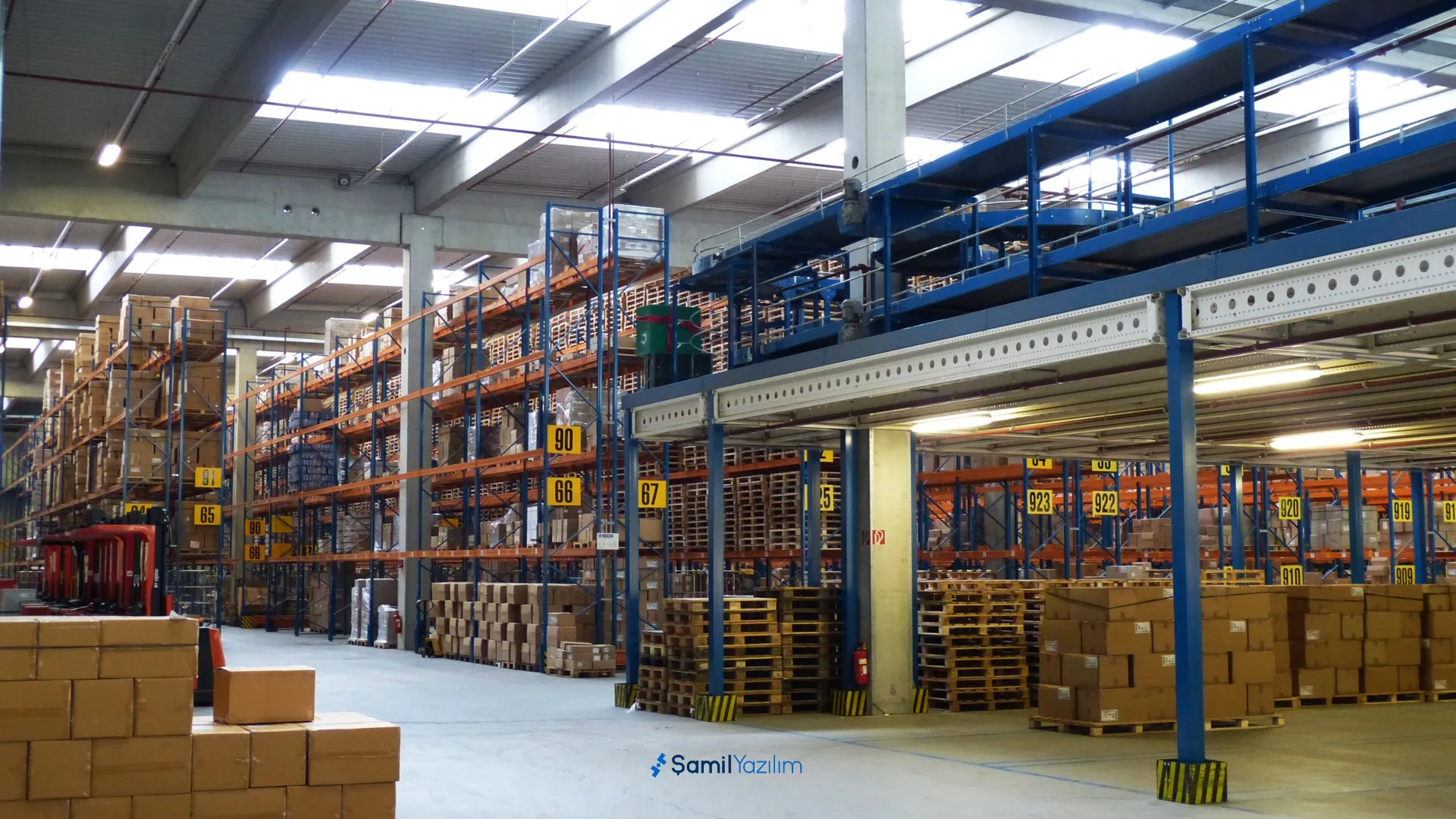
What is ERP Software? An Integrated Solution for Businesses

Businesses today are constantly increasing their need for technological
solutions to succeed and continually improve in a competitive market. Enterprise
Resource Planning (ERP) software, developed to manage complex business
processes, ensure data integration, and effectively utilize resources,
is a powerful tool that responds to these needs and provides integrated
solutions to businesses.
ERP software acts as a bridge between different
departments within businesses, integrating data flow. It gathers data from
departments such as finance, accounting, purchasing, inventory management,
production, logistics, sales, marketing, and human resources into a single
centralized database, providing real-time access to information. Through its
integrated structure, ERP facilitates data sharing among all departments,
enhances data consistency, and promotes collaboration and coordination between
departments.
Key features of ERP software include integration, a centralized database,
process automation, reporting, and analytics. The integration feature
facilitates data integration among different departments, accelerating
information flow and improving data consistency. The centralized database
collects all of the business's data in one place, ensuring data integrity and
enabling easy access to information. Process automation automates manual
business processes, increasing efficiency, reducing errors, and expediting
process execution. With reporting and analytics capabilities, businesses can
monitor their performance in real-time, analyze data, and make strategic
decisions.
- Definition and Functioning of ERP Software:
ERP software is a software system
that integrates data flow between different departments of a business and
manages business processes. It gathers data from various departments such as
finance, accounting, purchasing, inventory management, production, logistics,
sales, marketing, and human resources into a centralized database. This
database allows businesses to monitor, analyze, and plan all their activities
by providing real-time access to information.
- Key Features:
ERP software provides several advantages to
businesses through its key features, including: • Integration: ERP enables data
integration among different departments, facilitating data sharing and reducing
incorrect or inconsistent data entry. • Centralized Database: ERP software
stores all business data in a centralized database, enhancing data integrity
and enabling easy access to information. • Process Automation: ERP allows
businesses to automate manual business processes, increasing efficiency,
reducing errors, and accelerating process execution. • Reporting and Analytics:
ERP software provides real-time reporting and analytics features to businesses,
enabling them to monitor their performance, analyze data, and make informed
decisions.
- Benefits of ERP Software:
ERP software offers numerous
benefits to businesses, including: • Efficiency: ERP software, with its
integrated data flow, makes business processes more efficient. It reduces data
redundancy, prevents errors, and automates manual operations. • Cost Savings:
ERP software helps businesses effectively manage their resources, resulting in
cost savings in areas such as inventory management, purchasing, and production
processes. • Collaboration and Coordination: ERP enhances collaboration and
coordination among departments. Shared access to the same database facilitates
information sharing and communication. • Decision Making: Real-time reporting
and analytics features of ERP software enable businesses to make informed
decisions. Quick access to data and analysis provide a significant advantage
for strategic planning and management.
The benefits provided by ERP software are undeniable. Businesses increase
their efficiency, reduce costs, and improve their decision-making processes by
utilizing ERP. Increased efficiency is achieved by running processes more
effectively. ERP automates business processes, saving time, minimizing errors,
and helping businesses utilize their resources more effectively, leading to
cost reduction while increasing efficiency. Furthermore, ERP software offers
real-time reporting and analytics features, providing businesses with quick
access to accurate and up-to-date information. This enables businesses to make
informed decisions and contribute to strategic planning processes.
In conclusion, Enterprise Resource Planning (ERP) software is an essential
tool for businesses to gain a competitive advantage, increase efficiency, and
integrate processes. Its features, such as integration, automation, reporting,
and analytics, provide many advantages to businesses. Therefore, it is crucial
for businesses to use ERP software to achieve their future growth goals and
operate competitively.